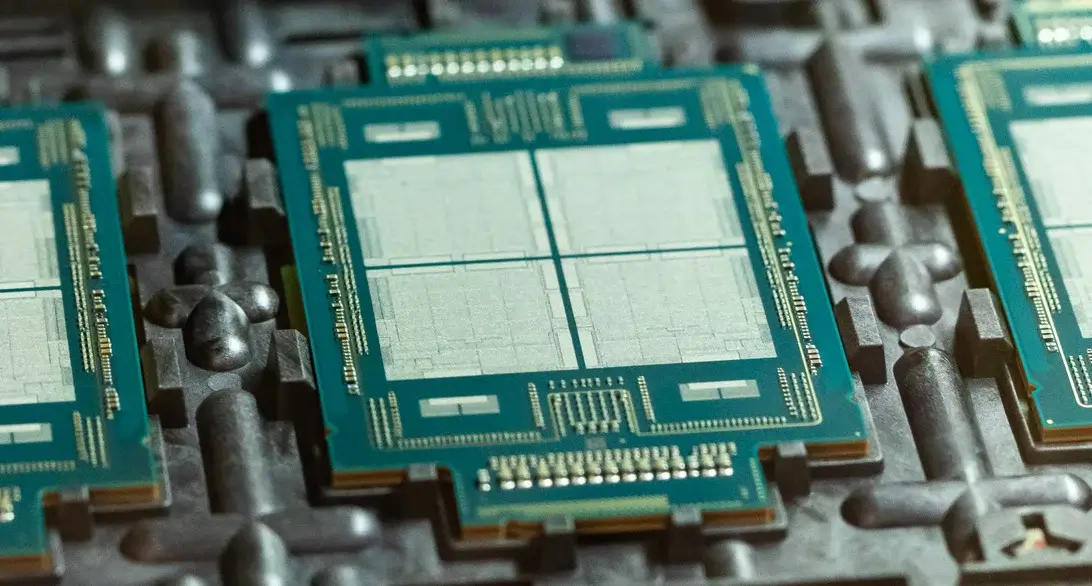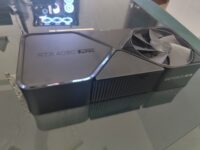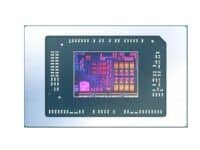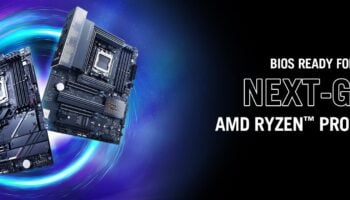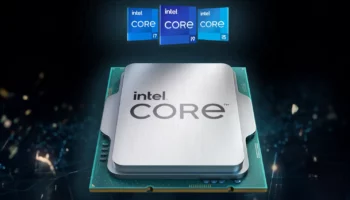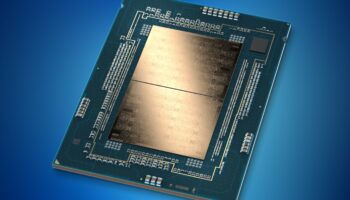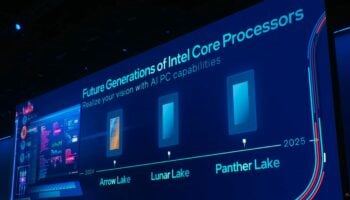Intel’s 4th Gen Xeon Scalable processors (Sapphire Rapids) are slated to launch in the coming months. Leveraging up to 56 Golden Cove cores across four dies (19 each), these chips will form the foundation of several supercomputers alongside Ponte Vecchio. Chinese tipster YuuKi_AnS has shared multiple benchmarks of the Xeon Platinum, a 52 core SPR SKU which we will be comparing to AMD’s existing Epyc Milan Rome parts:
Update: Apologies for the big ****up. The SPR ES sample in question consists of two chips in a 2S configuration rather than 1S. Therefore, all the multithreaded comparisons are invalid as I essentially compared two Xeon chips to one Epyc part which is actually two years old, again really sorry.
Interestingly, the difference in the single-threaded scores of the two chips is negligible but we can almost certainly chalk this down to low clocks on the Xeon. Golden Cove has a notably higher IPC than Zen 3, a fact made clear by Alder Lake benchmarks.

In the multi-threaded tests, the 52-core Sapphire Rapids part obliterates the Epyc 7720p, a 64-core 1S CPU that sits at the top of AMD’s single-socket server offerings. In Cinebench R23, the former is as much as 60% faster than the latter while in R20 it manages to beat the 64-core Milan by 50-60%.
Finally, we have V-Ray, another content creation workload. Here, 64-core Milan parts score somewhere between 75K-85K points. The 4th Gen Xeon-SP in question manages to barely keep up with a score of 76K. It’s important to note that as the boost clocks are improved this particular workload should see notable gains.
Now for the disclaimer. Remember that server workloads are vastly different from the client platform. They vary from customer to customer and segment to segment (enterprise, cloud, data center) and leverage the same architecture per brand. As such, chipmakers often offer customized solutions to different conglomerates depending on which configuration suits them the most (more cores, more cache, higher boost clocks, or lower TDPs). As such, the above benchmarks are mostly…useless. However, we can use them to extrapolate the performance of the Alder Lake-X processors. Keep in mind that this ES is clocked much lower than a retail-grade desktop chip.
